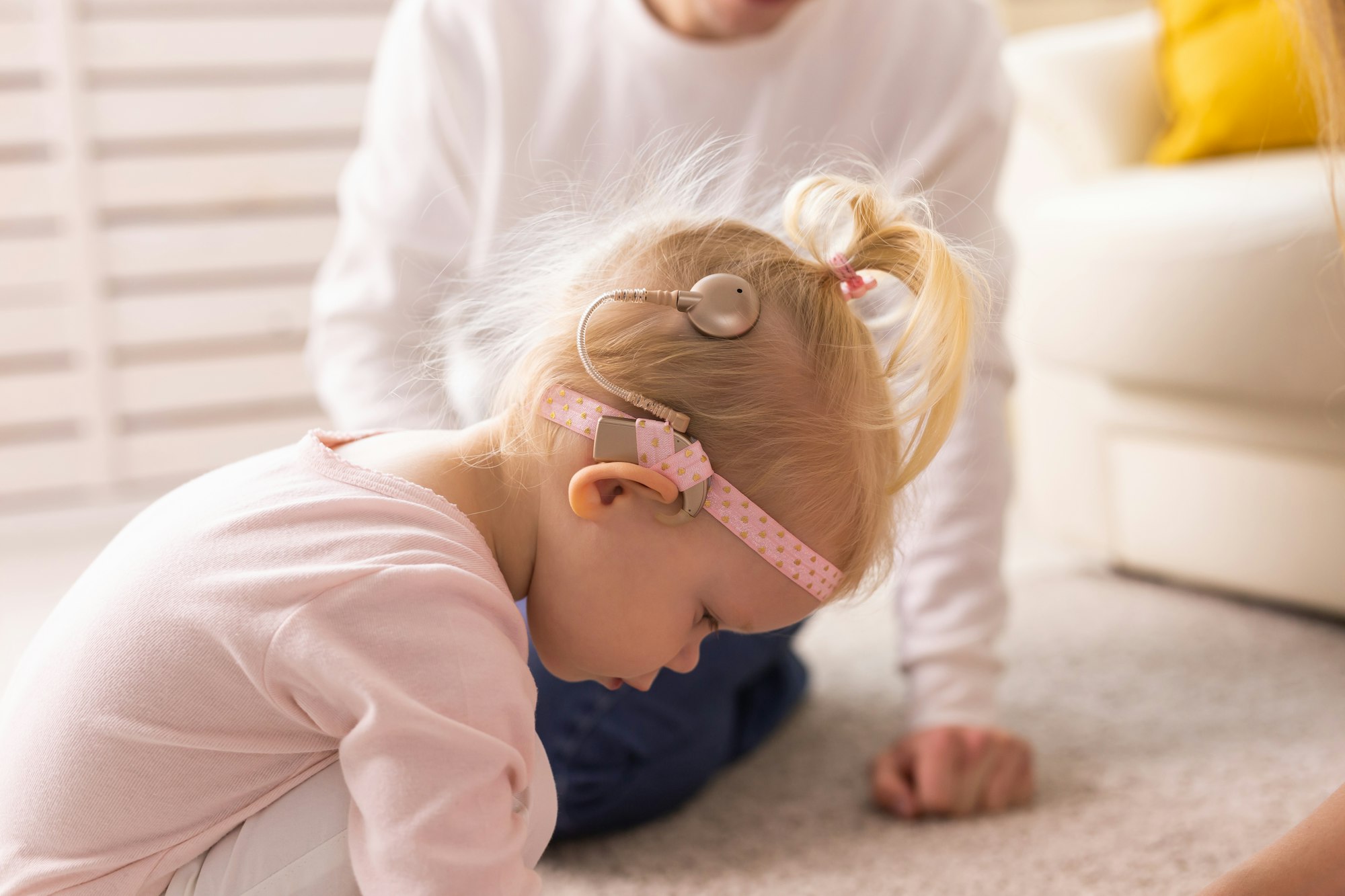Redefining Learning for the Deaf
A pioneering project at Imperial College London is setting new milestones by using virtual reality (VR) games to significantly improve how profoundly deaf children understand speech and localize sounds. Dubbed Bears (Both Ears), this initiative focuses on children with dual cochlear implants, offering them a transformative approach to overcome congenital hearing loss.

Immersive VR: A Game-Changer in Auditory Training
The Bears project harnesses the immersive power of VR to provide engaging auditory training. Imagine children managing a bustling virtual food stall while navigating complex soundscapes. This innovative method not only helps them discern the direction of sounds but also enhances their speech comprehension in noisy environments.
Co-Creating Games That Resonate
What sets the Bears project apart is its inclusive approach—children themselves help design the VR games. This collaboration ensures the games are not only beneficial but also align perfectly with the children’s interests and needs, making the learning process both fun and effective.
Tackling the Challenges of Cochlear Implants
While cochlear implants are vital for helping deaf children hear, they often present challenges such as distorted sounds and difficulty in sound localization. The Bears project tackles these issues head-on, using VR as a tool to train the brain more effectively in interpreting these new auditory cues.
Pioneering New Possibilities
With over 6,500 deaf children in the UK relying on cochlear implants, the implications of the Bears project are profound. It promises not just to enhance individual experiences but to revolutionize deaf education at large. Through cutting-edge VR technology and collaborative innovation, this project offers renewed hope and vastly improved auditory capabilities for countless children.
Discover the revolutionary impact of virtual reality on improving speech understanding and sound localization for deaf children, paving the way to a more inclusive future.

Frequently Asked Questions
- What is the Bears (Both Ears) project?
The Bears project is a groundbreaking initiative developed by researchers at Imperial College London. It uses virtual reality (VR) games to help profoundly deaf children who have dual cochlear implants. The project aims to improve these children’s ability to understand speech and pinpoint where sounds are coming from by immersing them in rich, interactive sound environments within VR games. This method not only enhances auditory skills but also makes the learning process enjoyable and tailored to each child’s needs. - How do the virtual reality games help deaf children?
VR games in the Bears project create realistic and controlled soundscapes where children can practice recognizing and locating sounds without real-world consequences. This training helps them discern speech from background noise and understand the direction sounds come from. By engaging in tasks like running a virtual food stall, children can repeatedly practice these skills, leading to better auditory processing and speech comprehension, ultimately facilitating a smoother adaptation to their cochlear implants. - Who can participate in the Bears project, and how can they get involved?
The project primarily targets profoundly deaf children in the UK who have received twin cochlear implants. Participation often starts with a referral from a healthcare provider or through direct contact with the team at Imperial College London. Children are also invited to contribute to the design of the games, ensuring that the tools developed are both fun and effective. Families interested in getting involved with the Bears project can reach out to the research team to learn more about enrollment and eligibility.
Sources The Guardian


